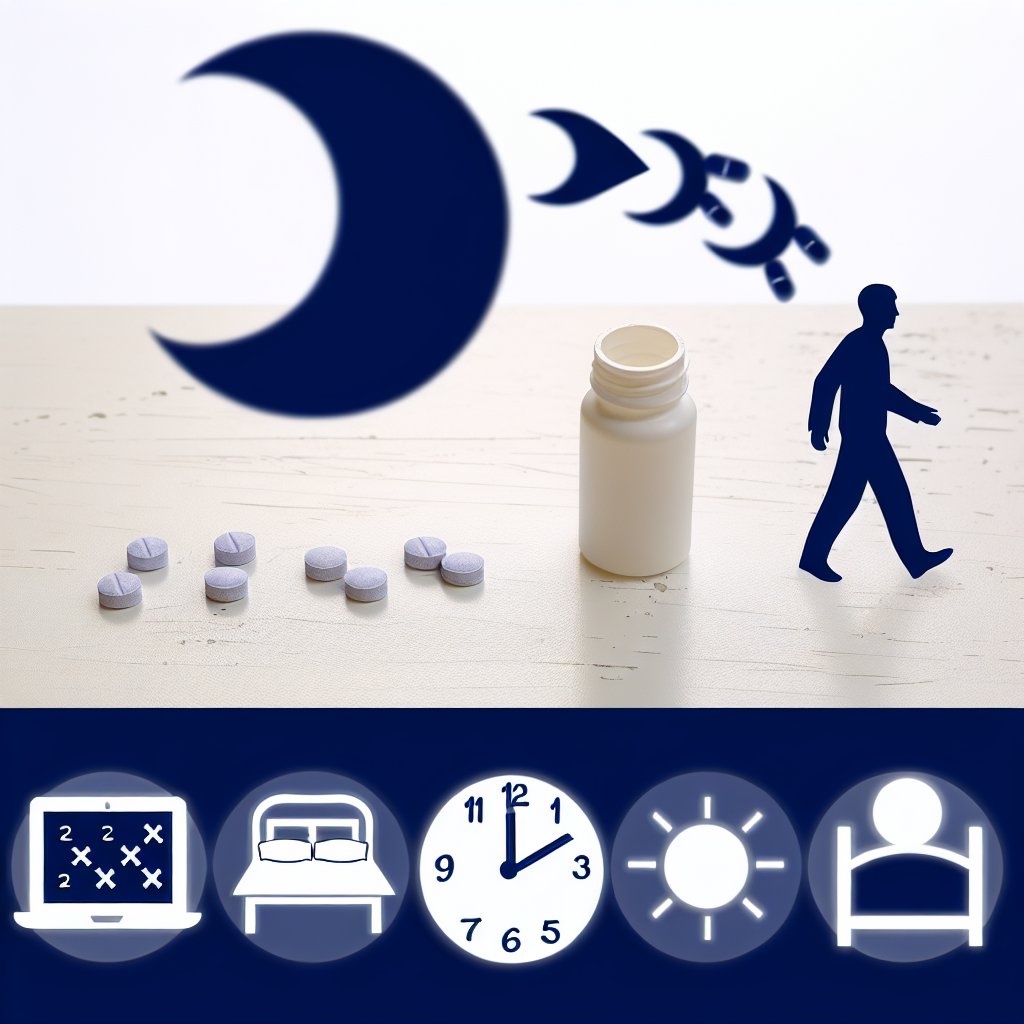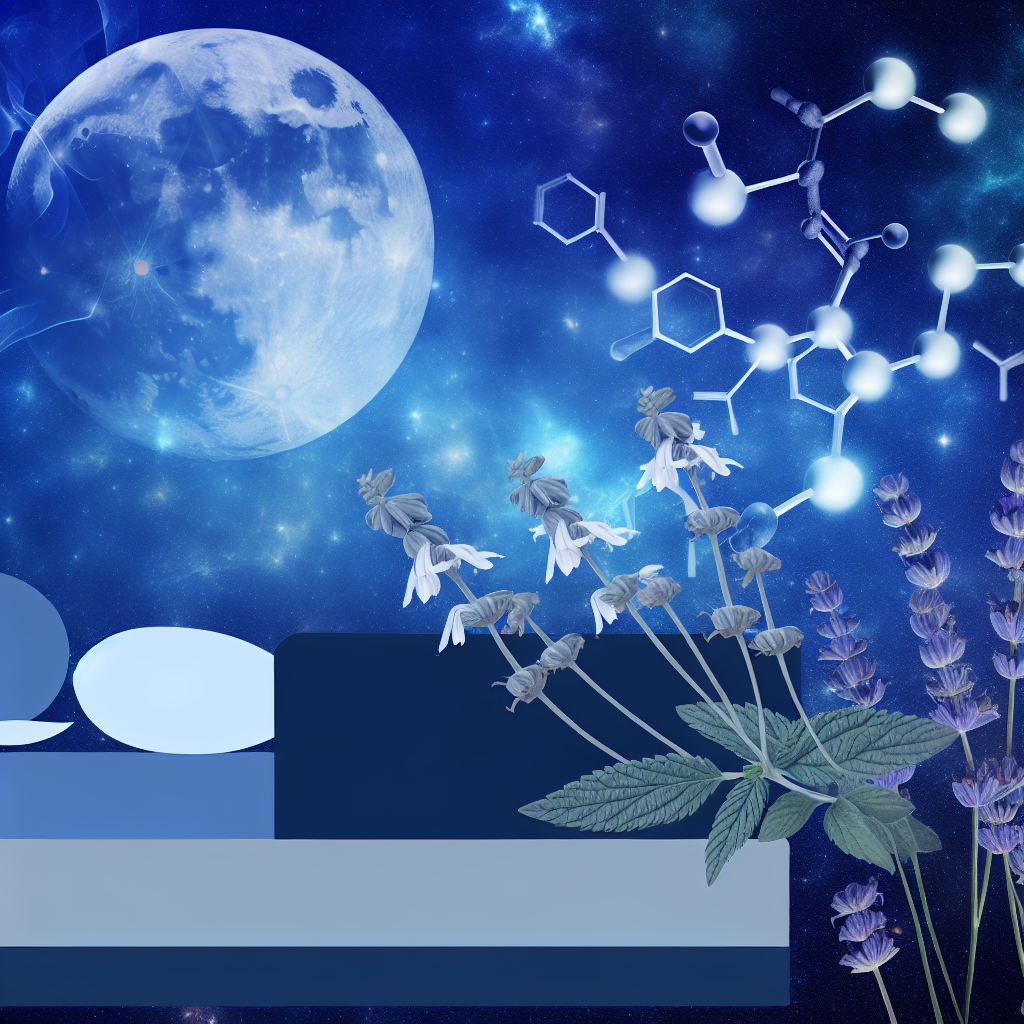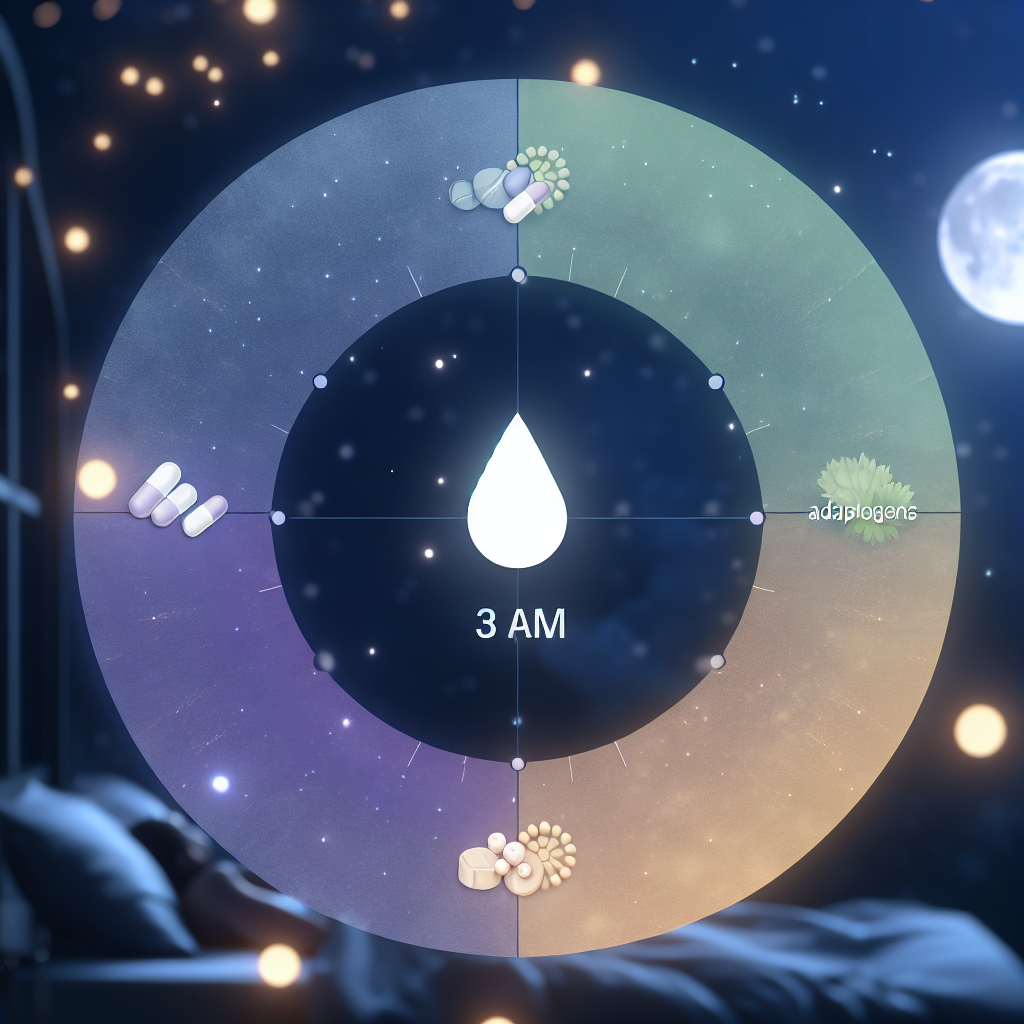A chronic lack of sleep may cause moodiness, recklessness, and sleeping all day on the weekends, which many parents complain about with their teenagers. However, most adolescents do not receive the recommended amount of sleep each night, between nine and ten hours, because their brains are still developing.
Teenagers who do not get enough sleep are more likely to experience a wide range of bad outcomes, such as not being able to concentrate, having low grades, driving while tired, experiencing anxiety, sadness, and even having suicidal thoughts.
Based on the findings of a recent poll, nearly half of the adolescents have been diagnosed with a mental disease of some kind. Some people have the mindset that adolescents are merely going through a standard, transient phase of emotional instability. This is the prevalent viewpoint among some people. On the other hand, research indicates that the primary cause of the problem is frequently a severe lack of sleep.
Several variables have combined to put the majority of adolescents at risk for not getting enough sleep.
Getting enough sleep has become increasingly difficult for adolescents as we enter the digital age. It is easy to understand why this is the case. Several variables have combined to put the majority of adolescents at risk for not getting enough sleep. These factors include the demands of technology and the biological changes that occur during puberty.
Teenagers tend to go to bed later, and their school or work schedules push back their wake-up times. This is a significant issue that has to be addressed. A change in circadian rhythms around puberty is partially responsible for this phenomenon. Circadian rhythms are the body’s natural clock, and they communicate with the brain to let it know when it is time to go to sleep and when it is time to wake up. On the other hand, as teenagers advance through puberty, these signals gradually become less accurate as time passes over the teen years.
Depression, on the other hand, can make it difficult to fall asleep or to stay asleep, so it establishes a vicious cycle.
Because of this later sleep-wake cycle, it is difficult for many adolescents to receive the eight hours of sleep that they require each night, which puts them at risk of developing depression. Depression, on the other hand, can make it difficult to fall asleep or to stay asleep, so it establishes a vicious cycle. Previous research has demonstrated that extreme sleep deprivation is associated with suicide ideation.
Not getting enough sleep can lead to a variety of physical concerns, including an inability to control one’s emotions, in addition to the psychological and emotional problems that it causes. Researchers conducted a study in a laboratory and discovered that those who had not had enough sleep reacted more emotionally to pressures than those who had gotten enough rest.
One of your responsibilities as a parent is ensuring that your adolescent knows the significance of getting adequate sleep.
The most concerning consequence of insufficient sleep for adolescents is the increased likelihood of drowsy driving, which can result in automobile collisions, injuries, and fatalities. According to the findings of a study conducted on high school students in Tennessee, when adolescents are tired, their reaction times are slower. They are also more likely to forget to check their mirrors before switching lanes or to slow down to look at pedestrians.
One of your responsibilities as a parent is ensuring that your adolescent knows the significance of getting adequate sleep. In addition to encouraging them to establish a healthy sleep habit, you should also consider allowing them to take a risk-free online test for sleep disorders such as sleep apnea from the convenience of their homes. As a result, they will be able to receive an accurate diagnosis and treatment, providing them with a more significant opportunity for a healthier future.

Dominic E. is a passionate filmmaker navigating the exciting intersection of art and science. By day, he delves into the complexities of the human body as a full-time medical writer, meticulously translating intricate medical concepts into accessible and engaging narratives. By night, he explores the boundless realm of cinematic storytelling, crafting narratives that evoke emotion and challenge perspectives.
Film Student and Full-time Medical Writer for ContentVendor.com




